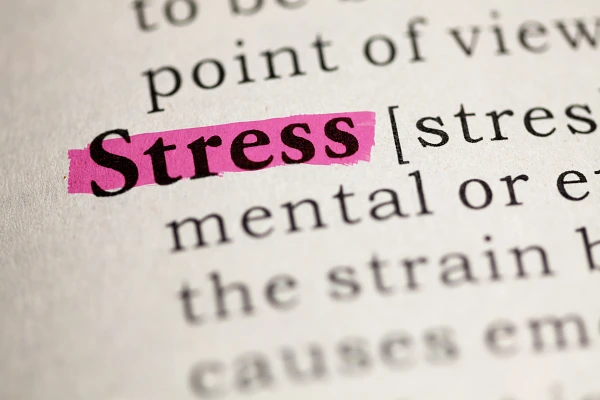This post is from Grown and Flown.
by Lisa Damour | Estimated Reading Time: 3-4 minutes
Psychologists have spent decades researching and treating stress and anxiety. We understand these two phenomena as well as we understand anything in our field. But we haven’t always reached beyond our classrooms and clinical practices to share the science behind stress and anxiety. It’s time to get the word out, because what we know is surprisingly reassuring.
Top three things to know about stress and anxiety in young adults
Anxiety Protects Us
To psychologists, anxiety is an evolutionary gift that keeps young adults safe by alerting them to threats. For example, having a burst of anxiety when a nearby driver swerves into a young adult’s lane will immediately sharpen their focus and inspire them to move toward safety. Similarly, when a young adult puts off important tasks they'll start to feel anxious, because by procrastinating too long they risk causing trouble for themselves. Paying attention to anxiety helps young adults stay on track.
Young adults sometimes worry that anxiety is unhealthy because it comes with uncomfortable physical symptoms such as a galloping heart and quickened breathing. But the physical symptoms of anxiety serve two important functions. First, the ringing of the body's alarm system snaps young adults to attention. Second, hearts race and breathing changes because anxiety activates the fight-or-flight system that sends highly oxygenated blood to the muscles to help young adults attack or run away from danger. The fight-or-flight system doesn’t always make sense in the face of ordinary, modern-day threats. But it’s helpful for young adults to appreciate the ancient logic behind the physical changes they experience when anxiety hits.
Stress Builds Capacity
Stress is an unavoidable part of life – and one that arises under positive and negative conditions. Getting married, moving into your dream house or enjoying an outstanding personal achievement are all happy life experiences that nonetheless bring stress. Even welcome events cause stress when they involve adapting to new conditions. Humans experience all change as stressful, because adaptation requires us to work at the edge of our current capacities.
We wouldn’t want young adults to avoid stress, even if they could, because they build their capacities when they stretch beyond their comfort zones. Going away to camp for a second summer is almost always easier than heading to camp the first summer, thanks to the growth that comes with being away from home the first time around. Even with unpleasant events such as being dumped or having a good friend move away, there are upsides to the stress. Research tells us that people who are able to weather challenging life experiences go on to be more resilient when faced with new difficulties.
Avoidance Feeds Anxiety
Humans instinctively avoid whatever we fear. Avoidance is useful when it protects us from real dangers, such as poisonous snakes or dark alleyways. But avoiding everyday life, such as dogs or elevators, worsens anxiety and can lead to full-blown phobias.
Click here to continue reading.
Skip past news feed



